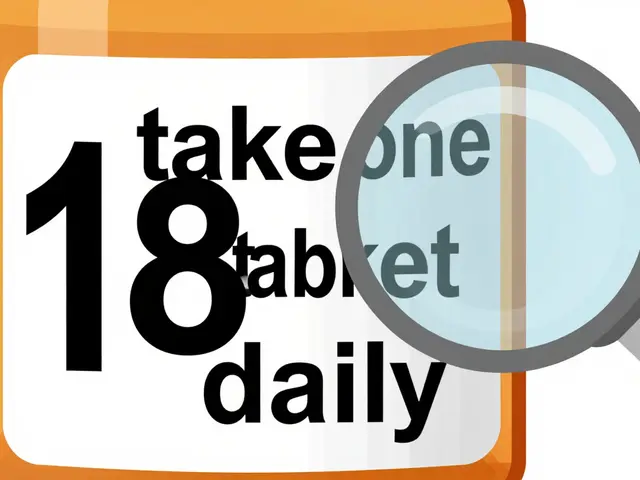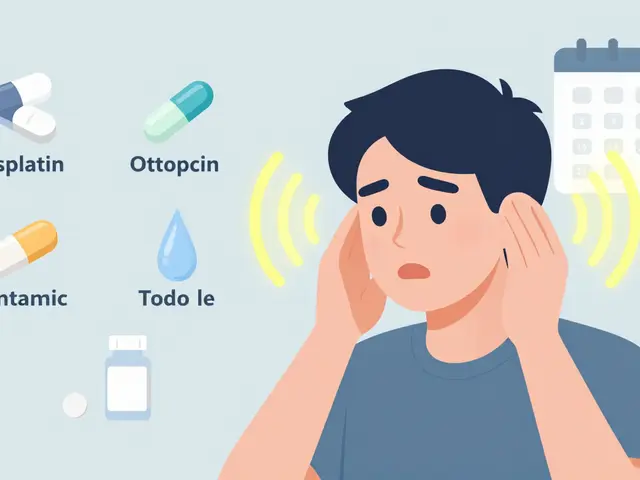What the FDA Does and Why It Matters to You
The Food and Drug Administration, or FDA, is the U.S. agency that decides which medicines, supplements, and medical devices are safe enough to sell. Think of it as the gatekeeper that checks ingredients, tests side‑effects, and makes sure companies follow the rules before you can buy anything at the pharmacy.
Every time a new drug hits the market, it has to pass through the FDA’s review process. That means labs run tests, doctors run clinical trials, and the agency looks at data to see if the benefits outweigh the risks. If everything checks out, the FDA gives the product an approval stamp, and you can see it on the label.
How FDA Approvals Affect Everyday Meds
When you read a post on RX2World about a medication—like our guide on Tretinoin strength or the safety tips for Piroxicam for arthritis—you’re seeing information that’s built on FDA decisions. The agency sets dosage limits, warns about possible interactions, and sometimes issues safety alerts that we cover in our articles.
For example, the FDA recently updated labeling for certain erectile dysfunction drugs, and our post on Caverta (Sildenafil) reflects those changes. Knowing the latest FDA guidance helps you avoid outdated dosing or risky combos.
Staying Safe with Online Pharmacies
Buying meds online can be convenient, but not all sites follow FDA rules. Our reviews—like the one on anabolicsfast.lt or canadamedsunited.com—show how to spot red flags, verify that a pharmacy is licensed, and make sure the medication you receive is genuine.
Key things to check: a valid pharmacy license, clear contact info, and a statement that they follow FDA regulations. If a site can’t prove any of that, it’s best to steer clear.
Quick checklist:
- Look for a “Verified Pharmacy” badge linked to a U.S. or local health authority.
- Make sure the site asks for a prescription when needed—no prescription = a red flag.
- Read recent FDA safety alerts; they often mention products that have been recalled or flagged.
By keeping these pointers in mind, you can shop online without worrying about fake pills or illegal substances.
The FDA also runs programs that let you report side effects or suspicious products. If something feels off—like a rash after starting a new cream or unexpected pain with a painkiller—use the FDA’s MedWatch portal to let them investigate.
Bottom line: the FDA’s job is to protect you, and staying informed about its updates lets you make smarter health choices. Bookmark our tag page for the latest FDA‑related articles, from drug safety guides to online pharmacy reviews, and keep your meds on the safe side.
The push for banning weight-loss medications Alli and Xenical highlights safety concerns. Recent findings suggest the drugs, both containing orlistat, might be linked to serious side effects, such as kidney stones and acute pancreatitis, prompting a proposal for their removal from the market.



 Medications
Medications




